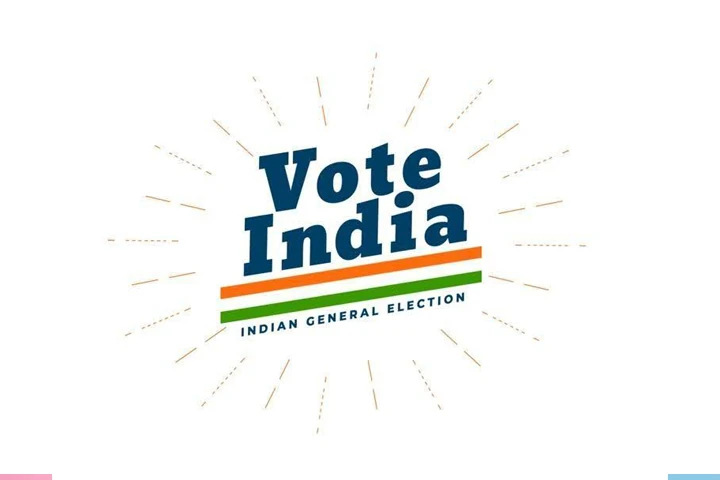The Election Commission of India (ECI) is the bedrock of India’s democratic process, ensuring that elections are free, fair, and transparent. Established on January 25, 1950, under Article 324 of the Indian Constitution, the ECI is an autonomous constitutional authority vested with a wide range of powers and responsibilities to uphold the democratic ethos of the country.
Structure of the Election Commission
The ECI comprises the Chief Election Commissioner (CEC) and a number of Election Commissioners, typically two. These officials are appointed by the President of India and serve for a term of six years or until they reach the age of 65, whichever comes first. The decisions of the Commission are made by majority vote among its members.
Key Functions of the Election Commission of India
- Electoral Roll Management- One of the ECI’s fundamental duties is the meticulous preparation and periodic revision of electoral rolls. This ensures the inclusion of all eligible voters and the removal of duplicates or inaccuracies. The integrity of the electoral roll is crucial for the credibility of elections.
- Conducting Elections- The ECI announces election schedules, supervises polling booths, and oversees the counting of votes. This comprehensive management of the election process is aimed at maintaining its integrity and transparency. The ECI also ensures that elections are conducted smoothly across the vast and diverse landscape of India.
- Implementing the Model Code of Conduct (MCC)- During elections, the ECI enforces the Model Code of Conduct (MCC), a set of guidelines that regulate the behavior of political parties and candidates. The MCC is designed to ensure a level playing field and prevent electoral malpractices, thereby upholding the decorum of the election process.
- Voter Education and Awareness- The ECI undertakes extensive voter education programs to increase awareness and participation. Initiatives like the Systematic Voters’ Education and Electoral Participation (SVEEP) campaign aim to educate citizens about the significance of exercising their electoral rights, ensuring the inclusion of marginalized groups.
- Regulating Political Parties- The ECI is responsible for the registration of political parties, monitoring their financial activities, and ensuring compliance with legal provisions related to campaign expenditure and funding. This regulation helps maintain transparency and accountability within the political landscape.
- Addressing Electoral Disputes- The ECI adjudicates electoral disputes, taking necessary actions such as ordering re-polling in affected areas or disqualifying candidates found guilty of misconduct. This quasi-judicial function is vital for maintaining trust in the electoral process.
- Quasi-Judicial Functions- The ECI acts as a court for settling disputes related to the recognition of political parties and the allotment of election symbols. These decisions are crucial for ensuring a fair competitive environment among political parties.
Challenges and Initiatives
Despite its robust structure, the ECI faces several challenges:
- Ensuring the Integrity of Electoral Rolls: Preventing electoral fraud and maintaining updated and accurate electoral rolls.
- Managing Election Logistics: Conducting elections across a vast and diverse nation with logistical complexities.
- Addressing Money and Muscle Power: Tackling the influence of money and muscle power in elections.
- Enhancing Voter Turnout: Encouraging greater voter participation, particularly in urban areas and among youth.
To address these challenges, the ECI has implemented several initiatives:
- Technological Advancements: Introducing Electronic Voting Machines (EVMs) and Voter Verifiable Paper Audit Trails (VVPATs) to enhance the transparency and accuracy of the voting process.
- Voter Awareness Campaigns: Conducting extensive voter awareness campaigns like SVEEP to educate citizens and increase voter turnout.
- Electoral Reforms: Proposing and implementing reforms to improve the election process, including measures to curb the influence of money and muscle power.
Conclusion
The Election Commission of India plays a pivotal role in strengthening India’s democratic foundations. By ensuring that elections are conducted in a free, fair, and transparent manner, the ECI upholds the integrity of the electoral process and the principles of democracy. Its commitment to impartiality, integrity, and efficiency is crucial for the continued success of India’s democratic system.












































